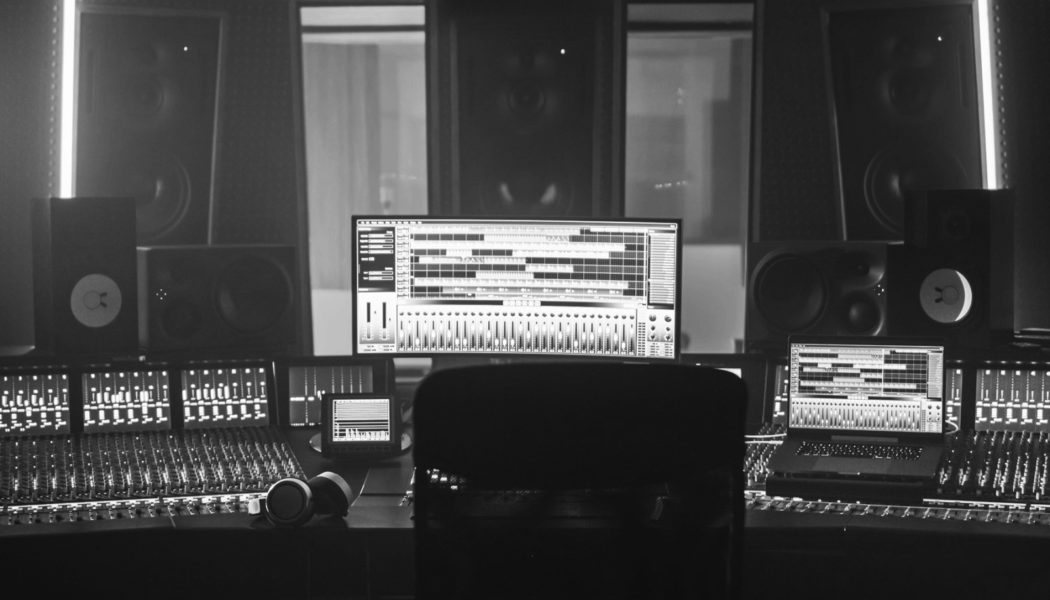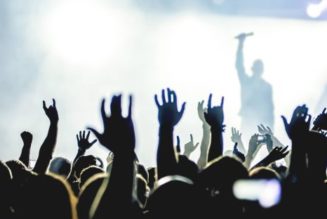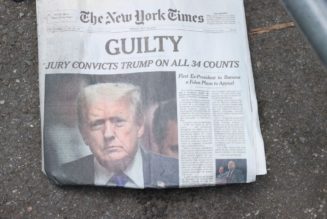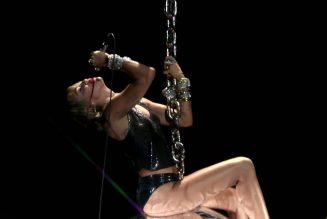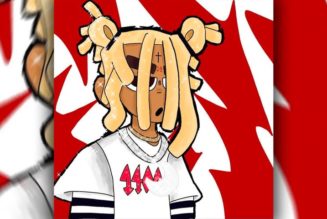
Generative AI is a new method of computing, and these systems are increasingly disrupting creative fields such as writing, art, coding, acting, and music. While labor unions and publishers in most of those industries started 2023 by taking legal actions related to AI, the music industry remained quiet until Universal Music Group filed a DMCA takedown notice against the YouTuber who created the viral AI Eminem cat rap video.
The video was featured in HBO’s Last Week Tonight and features lyrics by ChatGPT sung by a voice clone of Eminem created by ElevenLabs Prime AI. He’s not the only artist whose voice is going viral, either: This clip of an AI-generated Jay-Z rapping caused an uproar on social media for its pinpoint accuracy.
ChatGPT is capable of writing a song in any artist’s style. Prime AI can clone any voice, and it will soon be capable of generating entirely unique voices. AI models such as Google’s MusicLM, Dance Diffusion, and Jukebox can generate the background music.
I believe that we’re witnessing the dawn of a whole new music business — and that AI is already more pervasive than we think.
Using AI in Creative Fields
While extremists on both sides debate whether AI outputs should be considered art, most people are in the middle. Because the USCO took a firm stance that raw AI output cannot be copyrightable, it presents a risk to anyone using it. Still, a handful of creators have said that they’re using AI to create content.
Of course, the true number is likely much higher, and the artists who have been using it are wary of the stigmas associated with AI-generated content. Despite the recent buzz, everything indicates that ChatGPT and similar AI tools are already being used extensively and do not pose an imminent threat to human creators.
In fact, there are a few ways I see creators and musicians leveraging AI in their creative processes. In the brainstorming, whiteboarding, and outlining stages, artists can seed the AI with an initial set of thoughts and get various ideas for creative direction. Artists can then choose from these and start creating in their own styles. They can also use AI to overcome writer’s block, ensure that style and content tone is unique in the final stages of editing, and fill skillset gaps (e.g., musicians making album art, songwriters generating vocals, etc.).
I think it’s interesting that AI-generated art has recently gained traction on social media. Millions of people changed their profile photos to avatars created by Lensa and spread MidJourney images of Donald Trump’s arrest and the Pope wearing a Balenciaga jacket. Still, I think there’s a human element that this art must retain to be accepted.
The Rolling Stone Culture Council is an invitation-only community for Influencers, Innovators and Creatives. Do I qualify?
Focusing on the Humanity of AI
Although it’s novel now, AI will soon become just another thing. Audiences will still expect humans to be the primary creators of art. Readers, listeners, and viewers will consume content that was partially, not entirely, created by AI. This has already been suggested by the backlash against Netflix for its use of AI-generated backgrounds in a Japanese anime short.
I don’t believe that AI will limit the opportunities that creative professionals have. In fact, I think it will do the opposite and become yet another tool at their disposal, like auto-tune. AI will complement content creation and only replace jobs that human beings already don’t care about. Think arcade game soundtracks.
4 Ways AI Will Evolve in the Future
I see AI and ChatGPT as an evolution in the creative and art spaces. Used in the right way, it will enhance human creativity. Here are four predictions I have about the creative future of AI:
1. Undisclosed AI usage will trigger a backlash. The undisclosed usage of AI will become the lip-syncing scandal of the future. While transparency is key here, you risk potential consequences either way.
2. Tools like ChatGPT will make disinformation even more dangerous. State actors like Russia and China hire thousands of humans to create fake news articles to influence the political opinions of Americans. With AI, they can do it faster and more efficiently. I expect that social media platforms and publishers will be required to detect AI-generated content — especially when it’s political in nature — and label it as such.
3. AI-generated content will help advance video games, virtual reality, and augmented reality into the next generation. This will cause Meta, Activision, EA, and other companies to reduce their talent pools. If they can rely more heavily on programmers, developers, game theorists, and data scientists, they won’t have to depend on as many people to work on creative content for their games.
4. More accessible tools that check for unique tones and styles will be developed. Originality detection is going to become increasingly important as we move forward, and I believe AI will play a crucial role in it.
Generative AI is the most disruptive technology that has been released in our lifetimes. It bridges the gap between ideas and material reality, bringing humanity even closer to fully unlocking its creative potential. How will you use it?
